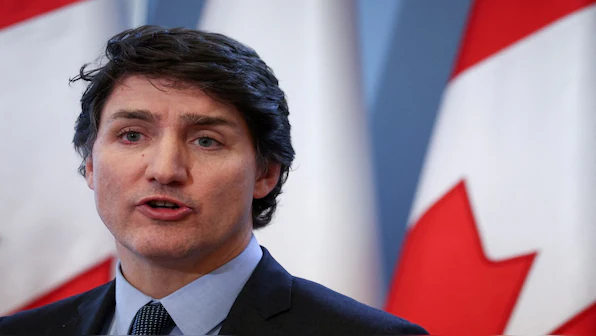An inquiry has shed light on the extent of foreign interference in Canada’s ethnic media, highlighting the challenges faced by journalists navigating these pressures
India and China are exerting pressure on ethnic media outlets in Canada to promote government narratives and suppress sensitive topics, according to testimonies presented during an inquiry into foreign interference on October 1.
The inquiry, reported by ici.radio-canada.ca, revealed how both nations seek to influence their diaspora populations by controlling the content published in ethnic media.
Journalists of Chinese and Indian origin testified that their respective governments use a combination of rewards and threats to shape media coverage. They reported that consulates and embassies have resorted to withdrawing advertising funds or leveraging visa and citizenship-related threats to influence reporting.
-
Ronald Leung, a Chinese-Canadian television host, mentioned how the Chinese government amplifies certain issues to stir internal divisions within the Chinese-Canadian community
-
Topics such as drug policy, gender identity, crime, safety, Indigenous rights, and human rights are areas where Chinese Canadians often diverge from broader Canadian perspectives, creating friction
Indo-Canadian journalist Gurpreet Singh shared that the Indian government withholds visas and threatens to cancel Overseas Citizen of India (OCI) cards for journalists whose reporting displeases them. This tactic is used to suppress coverage on sensitive subjects such as the Sikh independence movement, the Kashmir conflict, India’s caste system, and the Air India bombing. “You face significant pushback from Indian diplomats if you tackle these issues,” Singh stated.
Victor Ho, former editor-in-chief of Sing Tao Daily Vancouver, highlighted the Chinese government’s strict control over coverage related to Taiwan, Hong Kong, Tibet, the overseas Chinese democratic movement, and the Uyghur minority. He emphasized that any media outlet discussing these issues in opposition to the Chinese Communist Party’s (CCP) stance faces severe repercussions.
***********************************************************
Readers
These are extraordinary times. All of us have to rely on high-impact, trustworthy journalism. And this is especially true of the Indian Diaspora. Members of the Indian community overseas cannot be fed with inaccurate news.
Pravasi Samwad is a venture that has no shareholders. It is the result of an impassioned initiative of a handful of Indian journalists spread around the world. We have taken a small step forward with the pledge to provide news with accuracy, free from political and commercial influence. Our aim is to keep you, our readers, informed about developments at ‘home’ and across the world that affect you.
Please help us to keep our journalism independent and free.
In these difficult times, running a news website requires finances. While every contribution, big or small, will make a difference, we request our readers to put us in touch with advertisers worldwide. It will be a great help.
For more information: pravasisamwad00@gmail.com




